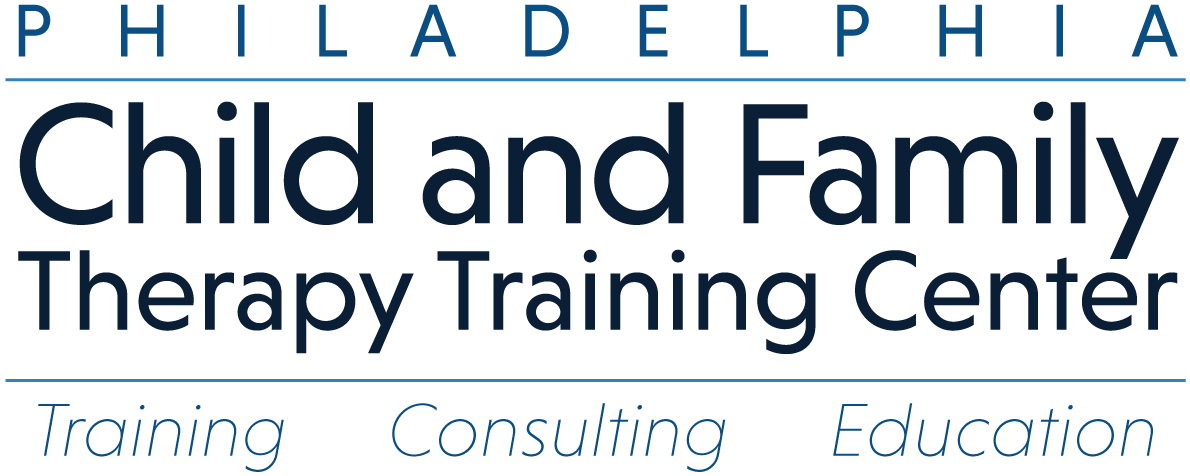
Embattled family systems result in the child becoming emotionally responsible for soothing the caregiver they are with by proving their allegiance to them. This dynamic can place an immense burden on the child, as they are thrust into a role far beyond their years. The child’s own emotional needs may be neglected, leading to a sense of invisibility and unworthiness. Over time, this can manifest in various ways, such as difficulty forming healthy relationships, low self-esteem, and an internalized belief that their value is tied to their ability to care for others.
However, it is important to recognize that these patterns, while challenging, are not immutable. With the right support, individuals can learn to break free from these cycles and develop a more balanced and self-compassionate approach to relationships. Therapy, self-reflection, and building a supportive network can all play crucial roles in this healing process.
As we grow in our understanding of these dynamics, it becomes clear that nurturing environments where children can be children—free to explore, express, and be themselves—are essential for fostering emotional well-being. By prioritizing healthy boundaries and communication within families, we can create a foundation for resilience and emotional health that benefits not just the individual, but the entire family system. Through patience, empathy, and a commitment to change, even the most embattled family systems can find a path to harmony and resilience, creating a stronger, more connected future.
Recommended Readings:
Schmid J. The family today: sociological highlights on an embattled institution. Europ Demogr Inf Bull. 1982;13(2):49-72. PMID: 12264352. https://pubmed.ncbi.nlm.nih.gov/12264352/
